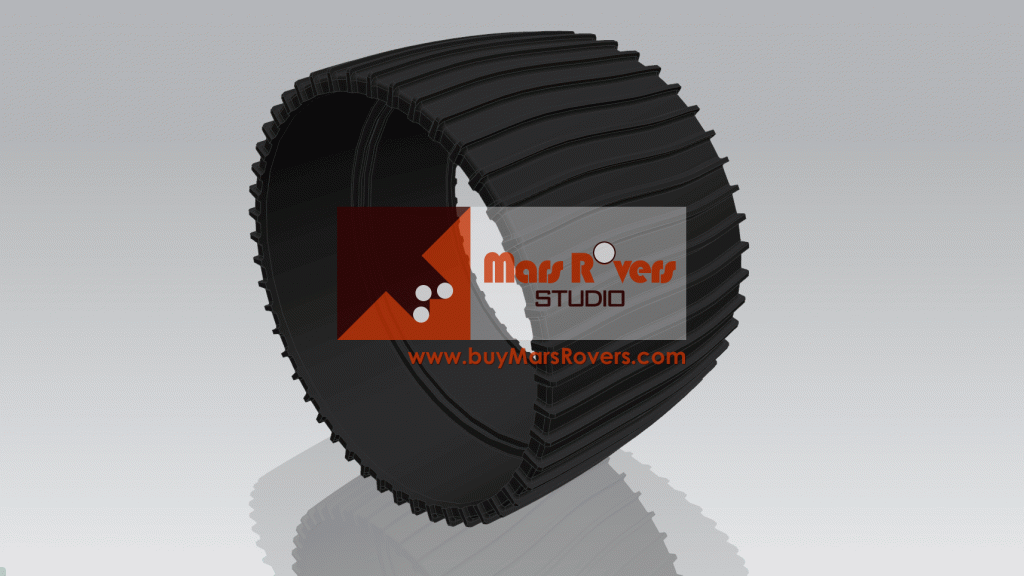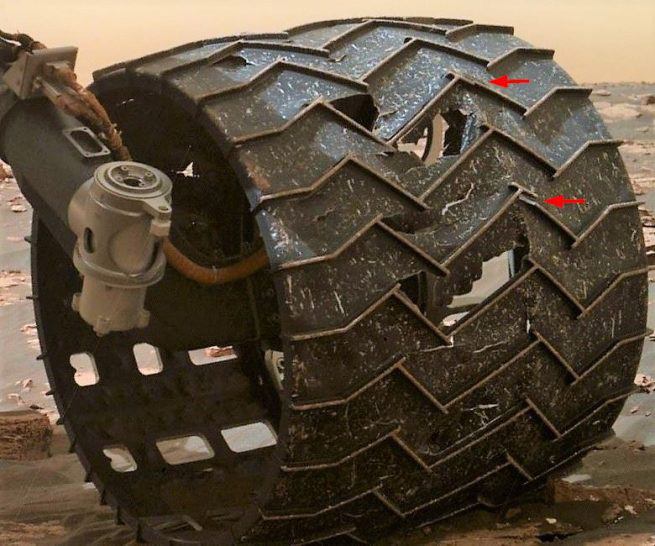There are two types of sample tubes on the Mars 2020 Perseverance Rover. The first type is the sample containers or the sample tubes, and the second type is the witness tubes, which are introduced in more detail in [Witness Tubes of the Mars 2020 Perseverance Rover].
There are a total of 43 sample tubes on the Mars 2020 Perseverance Rover and 5 of them will be used as witness tubes so eventually, there will be 38 sample tubes with actual samples inside. These tubes will collect, seal and store samples of Martian rock cores, and regolith (broken rocks and dust). Each Mars 2020 Perseverance Rover‘s tube will contain a sample that is carefully and scientifically selected under different and diverse environmental conditions so that it can represent as much geologic diversity as possible of the Martian field site for future analysis. For our 1:2 Perseverance Mars Rover Replica, we will perfectly replicate the appearance and the number of the sample tubes.
The Mars 2020 Perseverance Rover’s sample tubes are made of titanium. There are different coatings on the outer and internal surfaces of the sample tubes. Most of the outer coating is alumina and appears in the color white, but the top and bottom outer surfaces and the internal surface have a coating of nitrided, which appears in gold color. The purpose of the coating is for thermal control. Each of the tubes has a length of 142mm, or 5.59 inches without the seal, which will add 2mm, or 0.08 inches to the sample tube. The sample tube has a diameter of 23 mm or 0.9 inches. As for the sample tubes for our 1:2 Perseverance Mars Rover Replica, we might only use one material, but we will paint the same color as the Mars 2020 Perseverance Rover’s sample tubes.
In order to maintain the cleanness of the Mars 2020 Perseverance Rover’s sample tubes, a fluid mechanical particle barrier glove is designed and attached to each of them. About this fluid mechanical particle barrier glove, we will replicate the appearance structure for our Mars Rover Replica but it won’t actually have the function to maintain the cleanness of the Mars 2020 Perseverance Rover Replica’s sample tubes
After a sample is cashed and studied and carefully sealed, the Mars 2020 Perseverance Rover‘s sample tubes will be left on the Martian surface – a surface that is well-identified for the future sample return mission. If the Mars 2020 Perseverance Rover‘s samples are returned to Earth successfully one day, scientists can learn a great deal from them.




